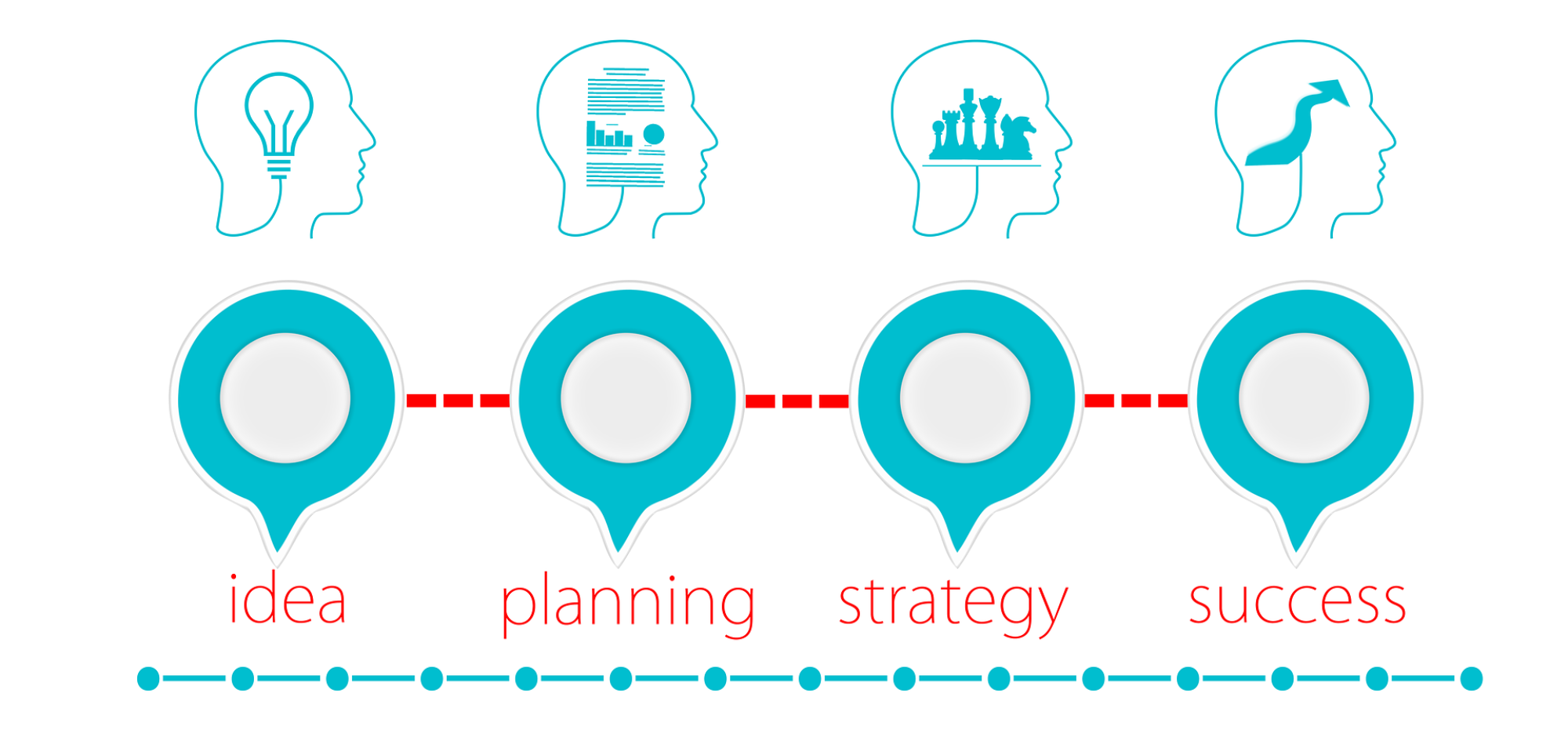The financial services industry is a huge one. It represents a significant percentage of GDP, as well as a major consumer of business services. In fact, according to the current Fortune 500, forty commercial banking companies generate between $341 trillion and $700 trillion in annual revenues. Nevertheless, the financial services industry is still relatively new, and there are several ways that it can expand. Here are some options. Here are three examples. One of them is to acquire a competitor’s business.
In today’s highly competitive environment, financial services organizations are constantly reshaping themselves to adapt to these changes. With an increasingly mature population, customer demands for personalized financial services are increasing. Meanwhile, intense competition has squeezed the margins of most companies, forcing most to reduce costs and improve customer service. To keep up with this competitive landscape, community and regional banks continue to grow organically and by acquiring other traditional financial institutions. They frequently seek public and private funding to expand their business.
Insurance is another type of financial service. We’re all familiar with insurance, but not everyone understands what it is. Insurance is a safety net for unforeseen expenses. However, there are many other types of insurance, such as health insurance, annuities, and retirement plans. Another type of insurance is reinsurance, which is sold to insurance companies to protect them against catastrophic losses. This makes insurance an essential part of a person’s life and ensures that he or she is protected from a host of potential risks.
While people can do many of these tasks on their own, it’s more convenient to pay someone else to handle these tasks. The financial services industry has undergone a significant amount of regulation in recent years. Some countries have even banned certain kinds of financial services, such as the provision of mortgage-backed securities. This tightening of rules will ultimately result in a more stable financial services sector. But how can we get the most out of these services?
A healthy financial services sector provides many benefits to society. It helps people obtain loans, save money, and protect their health and property. It also provides the infrastructure for businesses to grow and employs millions of people in solid-paying jobs. The economic benefits of financial services are huge for all people. These services are vital to a prosperous economy. If you’re looking to start your own business or expand your current business, financial services are the way to go.
Regardless of your industry, a healthy financial services industry needs an environment with moderate interest rates and a healthy balance between regulation and innovation. A moderate interest rate environment and a strong balance of regulation will make financial services more viable and flourish. However, a high level of regulation is necessary to ensure consumer protection, while allowing the industry to develop innovative products that serve the public. The financial services industry has been experiencing a hiccup recently due to the collapse of the housing market in 2007 and a mortgage default crisis in 2008.







